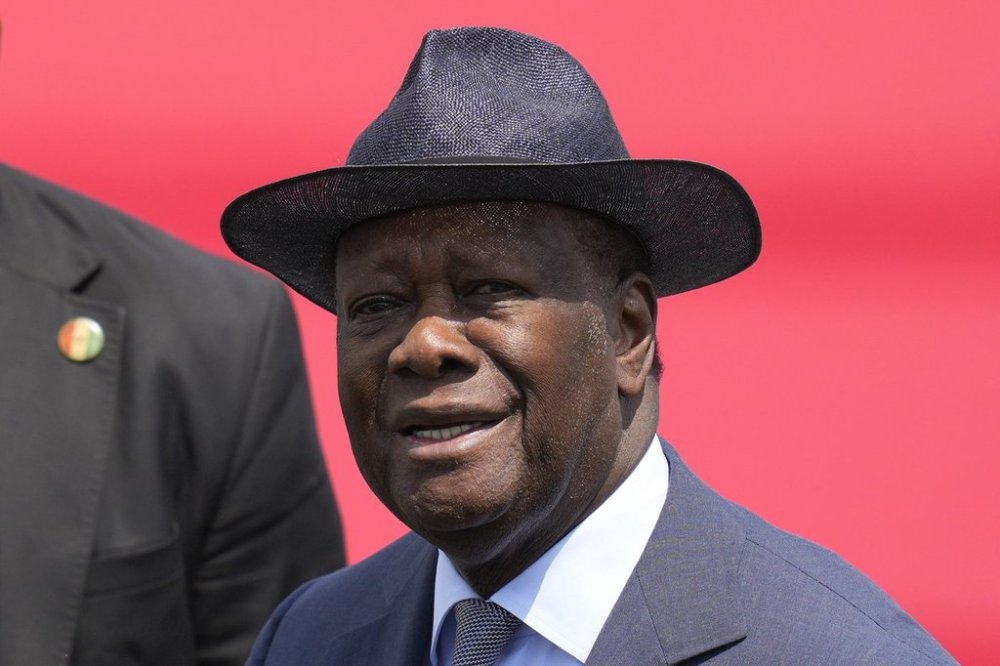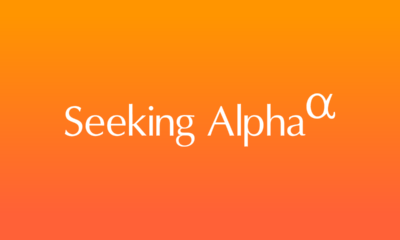World
Alassane Ouattara Launches Bid for Fourth Term in Ivory Coast

The president of Ivory Coast, Alassane Ouattara, has officially announced his intention to seek a fourth term in the upcoming elections scheduled for October 2023. His candidacy has sparked controversy due to recent changes in the nation’s constitution, which reset the presidential term limits, allowing him to run again.
Constitutional Changes and Political Landscape
Ouattara’s decision to pursue another term follows a constitutional amendment passed in 2020, which critics argue undermines democratic principles. This amendment effectively reset his prior terms, enabling him to run again despite originally pledging not to seek a third term in 2020. The opposition has voiced strong objections, asserting that the amendment violates the democratic framework established after years of political turmoil in the country.
As the elections approach, political tensions are rising. Several opposition leaders have condemned Ouattara’s move, calling it a “power grab.” They argue that his administration has not adequately addressed pressing issues such as economic instability and youth unemployment, which have been persistent challenges in Ivory Coast.
Reactions and Implications
The announcement of Ouattara’s candidacy has elicited mixed reactions from the public and political analysts. Supporters argue that his leadership has brought relative stability to Ivory Coast since the civil unrest of the past decade. Conversely, detractors caution that his continued presidency could exacerbate divisions within the nation.
“The country needs a change in leadership to address the deep-rooted issues affecting the populace,” stated opposition leader Henri Konan Bédié.
As the political landscape evolves, the international community is closely monitoring the situation. Observers are particularly concerned about the potential for unrest during the election period, especially given the history of electoral violence in Ivory Coast.
With just months to go before the elections, the focus will be on how Ouattara’s administration handles the growing dissent and whether the electoral process will be perceived as fair and transparent.
The political climate in Ivory Coast remains fluid, with many citizens eager for reform and a government that prioritizes their needs over political ambitions. As the October elections draw near, the stakes are high for both Ouattara and the future of the nation.
-

 Politics3 months ago
Politics3 months agoSecwepemc First Nation Seeks Aboriginal Title Over Kamloops Area
-

 World7 months ago
World7 months agoScientists Unearth Ancient Antarctic Ice to Unlock Climate Secrets
-

 Top Stories1 month ago
Top Stories1 month agoUrgent Fire Erupts at Salvation Army on Christmas Evening
-

 Sports1 month ago
Sports1 month agoCanadian Curler E.J. Harnden Announces Retirement from Competition
-

 Lifestyle5 months ago
Lifestyle5 months agoManitoba’s Burger Champion Shines Again Amid Dining Innovations
-

 Top Stories2 months ago
Top Stories2 months agoFatal Crash on Highway 11 Claims Three Lives, Major Closure Ongoing
-

 Entertainment7 months ago
Entertainment7 months agoTrump and McCormick to Announce $70 Billion Energy Investments
-

 Science7 months ago
Science7 months agoFour Astronauts Return to Earth After International Space Station Mission
-

 Lifestyle7 months ago
Lifestyle7 months agoTransLink Launches Food Truck Program to Boost Revenue in Vancouver
-

 Technology5 months ago
Technology5 months agoApple Notes Enhances Functionality with Markdown Support in macOS 26
-

 Top Stories1 month ago
Top Stories1 month agoBlue Jays Sign Kazuma Okamoto: Impact on Bo Bichette’s Future
-

 Top Stories2 months ago
Top Stories2 months agoNHL Teams Inquire About Marc-André Fleury’s Potential Return




















